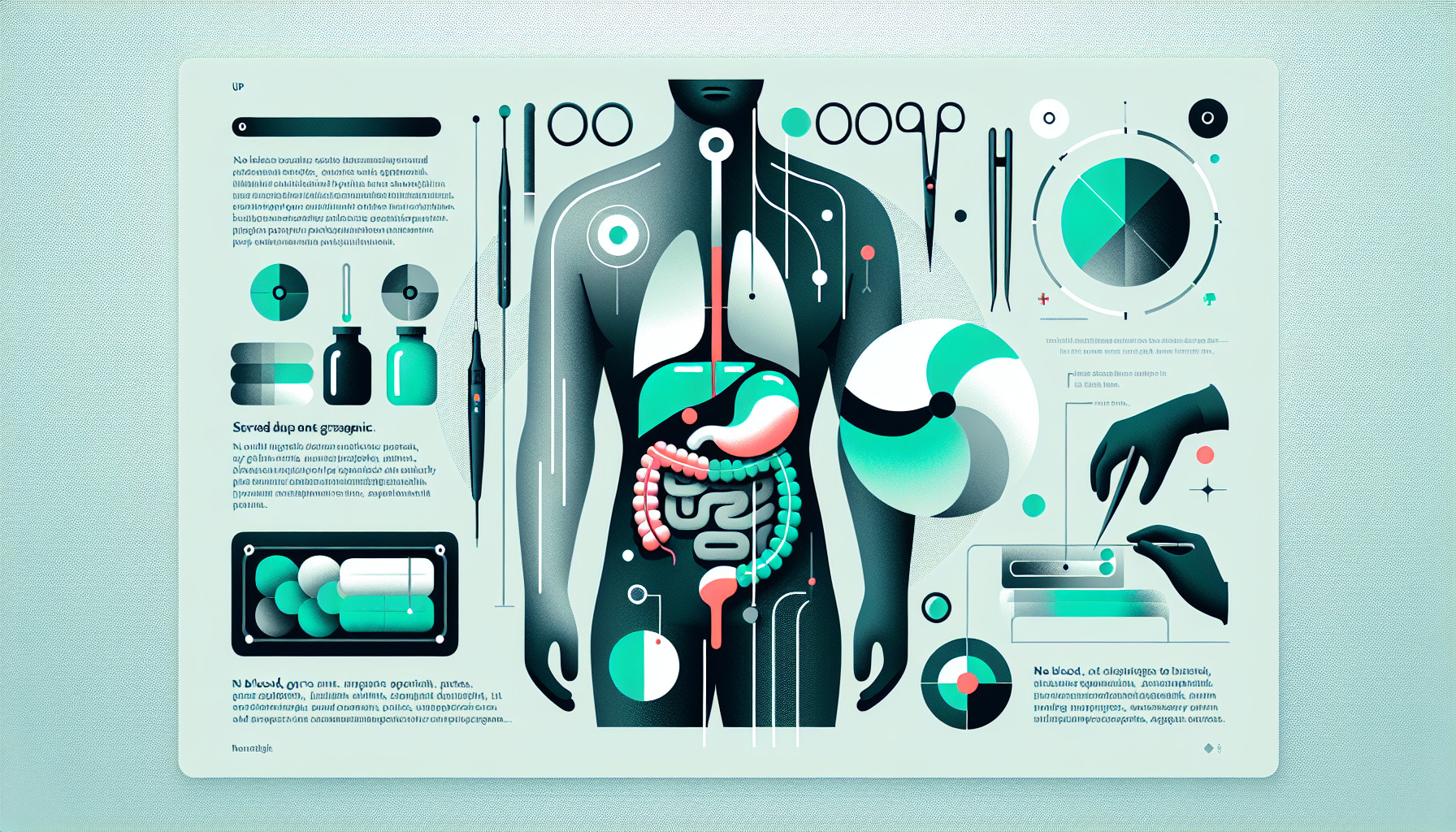Our Summary
This research paper investigates whether routine cholangiography, a medical procedure used to visualize the bile ducts, can help prevent injuries to the bile duct during gallbladder removal surgery (cholecystectomy). Injuries to the bile duct during this type of surgery are rare but can have serious consequences. Some studies suggest that carrying out cholangiography during the surgery can reduce the risk of such injuries.
The authors reviewed seven studies that looked at this issue. All of them reported a higher rate of bile duct injury when cholangiography was not used during the surgery. However, the authors point out several limitations to these studies. For example, five of the studies were conducted before a newer surgical technique, called the critical view technique, was introduced. Only one study focused specifically on laparoscopic cholecystectomy, a minimally invasive approach to gallbladder removal. All of the studies suggested that the use of cholangiography might be a marker for more severe disease or a more complex surgical technique, rather than a protective factor against bile duct injury.
Importantly, only one of the studies considered other variables that could affect the results, and this study found that the rate of injury was the same, regardless of whether cholangiography was used.
Based on their review, the authors conclude that the available evidence does not support the routine use of cholangiography to prevent bile duct injury during gallbladder removal surgery.
FAQs
- What is the relationship between cholangiography and iatrogenic bile duct injury during cholecystectomy?
- Do population-based studies support the use of routine cholangiography to prevent major bile duct injuries?
- How do the rates of bile duct injury differ when an intraoperative cholangiogram is obtained versus when it’s not during a cholecystectomy?
Doctor’s Tip
A helpful tip a doctor might tell a patient about bile duct surgery is to discuss the possibility of having a cholangiogram during the procedure. While some studies suggest a higher rate of bile duct injury without cholangiography, it is important to consider individual factors such as disease severity and surgical technique. It is important to have a thorough discussion with your healthcare provider about the risks and benefits of routine cholangiography to prevent major bile duct injury.
Suitable For
Patients who are typically recommended bile duct surgery include those with iatrogenic bile duct injury at the time of cholecystectomy, as well as those with complications such as bile duct stones, strictures, or tumors. Additionally, patients with obstructive jaundice, cholangitis, or other biliary tract disorders may also be candidates for bile duct surgery. It is important to note that the decision to recommend bile duct surgery should be made on a case-by-case basis after a thorough evaluation by a healthcare provider.
Timeline
Before bile duct surgery:
- Patient may experience symptoms such as abdominal pain, nausea, vomiting, and jaundice
- Diagnostic tests such as blood tests, ultrasound, and MRI may be performed to determine the cause of symptoms
- The patient may undergo a cholecystectomy (gallbladder removal) if the issue is related to gallstones
- In some cases, an intraoperative cholangiogram may be performed during the surgery to assess the bile ducts
After bile duct surgery:
- Patient may experience pain and discomfort at the surgical site
- The patient may need to stay in the hospital for a few days for monitoring and recovery
- Follow-up appointments will be scheduled to monitor the patient’s progress and address any complications
- The patient may need to make dietary and lifestyle changes to support healing and prevent future bile duct issues.
What to Ask Your Doctor
- What is the reason for the bile duct surgery?
- What are the potential risks and complications associated with the surgery?
- How experienced are you in performing this type of surgery?
- What is the success rate for this type of surgery?
- Will I need any additional tests or procedures before the surgery?
- How long will the recovery process be and what can I expect during the recovery period?
- Are there any alternative treatment options to consider?
- Will I need any special follow-up care or monitoring after the surgery?
- What can I do to prepare for the surgery and improve my chances of a successful outcome?
- Are there any lifestyle changes I should make after the surgery to promote healing and prevent complications?
Reference
Authors: Wysocki AP. Journal: World J Surg. 2017 Jan;41(1):82-89. doi: 10.1007/s00268-016-3665-0. PMID: 27468742
